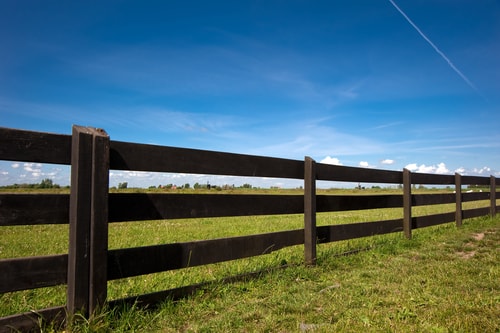Up to $4 million will be invested
By Diego Flammini, Farms.com
In an effort to keep livestock and the public safe, the provincial government of British Columbia will spend about $4 million on the expansion of livestock fencing.
The government will invest $2 million in 2016 and another $2 million in 2017 as an extension of the Provincial Livestock Fencing Program.
The fencing program, which is in partnership with the BC Cattlemen’s Association, originally launched in 2010 and has already seen an investment of $10 million and 650 kilometres of fence built close to provincial highways.
The new money is expected to produce another 250 kilometres of fence throughout the province.
"This fencing program is valuable to ranchers and farmers, by keeping their livestock safe and contained, and it also helps prevent crashes, boosting safety for motorists travelling through the countryside,” said Cariboo-Chilcotin MLA Donna Barnett. “In talking to the ranchers and farmers, it became clear there was a need for this program to continue, and this new investment will help to construct many more kilometres of livestock fencing across the province.”
Farmers and ranchers who want new fencing will be required to submit an application to the BC Cattlemen’s Association. Selected projects will be based on current fence condition, livestock headcount and highway designation.
The commitment to highway and livestock safety is part of the province’s Road Safety Improvement Program, in which the government will spend $75 million over three years to improve highway safety across British Columbia.
Join the conversation and tell us your thoughts about British Columbia investing in livestock fencing and safety. If you're looking for livestock fencing and don't qualify under this government program, check out Farms.com classifieds for new and used livestock fencing and gates.